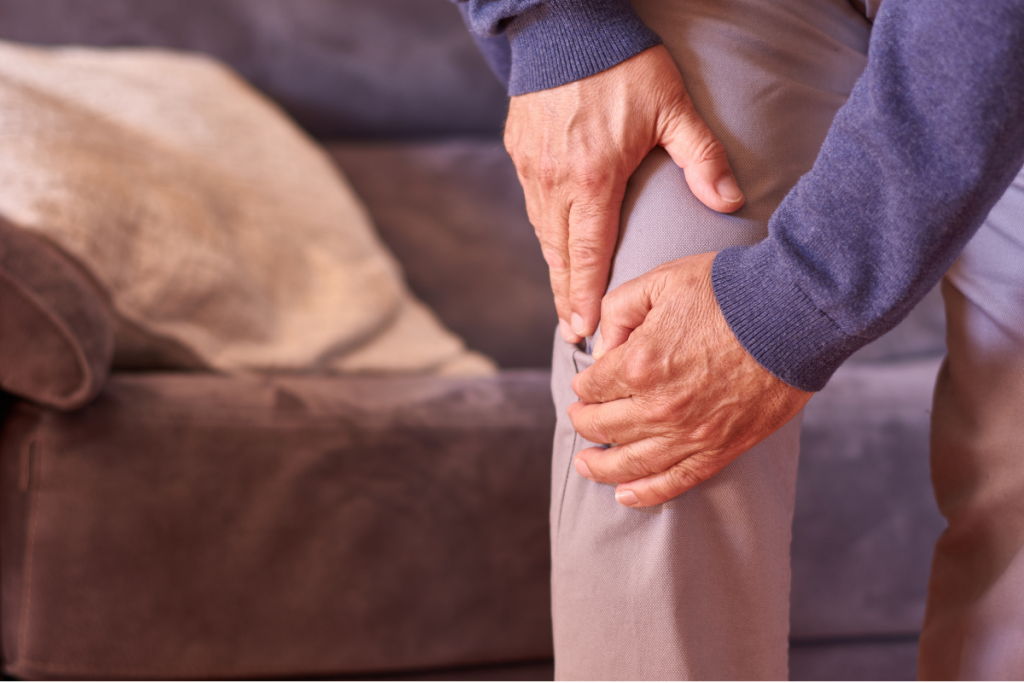Caring for your bones in 5 points makes sense. Nicknamed “the silent thief” due to the absence of symptoms, osteoporosis is often only detected at a more advanced stage following a fracture.
- What are bones and why achieving good bone mass is so important?
Bones are living tissues that develop, composed mainly of collagen and calcium. A healthy bone is strong and does not break easily. Until early adulthood, large amounts of calcium and other substances are added to the bone, strengthening the skeleton as it grows. After the age of 30, bone mass gradually decreases. Achieving good peak bone mass is important for reducing the risk of osteoporosis later in life.
- Men suffer a third of osteoporosis-related fractures worldwide
In addition, the fracture in men has greater sequelae than in women. They can have serious consequences on health and quality of life, including a loss of autonomy and mobility. The most common fragility fractures occur in the hip, spine and shoulder. Hence the importance of screening from the age of 60, or 50 if you have risk factors.
- Osteoporosis, prostate cancer and the risk of fractures
Men with prostate cancer are often at risk for osteoporosis and fracture. In addition, if you are on hormonal therapy, it is important to discuss your bone health with your doctor in order to integrate a bone protection component into your treatment plan, including a calcium + vitamin D supplement. In addition to the supplement, for some man, the approach will be limited to adapting one’s way of life, while others will be advised to begin medical treatment.
- Physical activity has considerable benefits for the preservation of bone mass
It also reduces the risk of falling. Muscular resistance exercises, such as the use of free weights, are particularly important since they can increase bone density. It is recommended to do this type of exercise at least twice a week, paired with aerobic or balance exercises every day. Tip: Exercise when you feel your best during the day.
- A healthy and balanced diet is also important for bone health
It allows the body to function at its full potential. Certain nutrients are particularly important in maintaining bone health: protein, calcium and vitamin D. Recommendations include a source of protein at each meal (lean meat, fish, legumes), 800 to 1200 mg per day of calcium (eg, 3 servings of low-fat dairy products) and a supplement between 800 and 2000 IU of vitamin D3 daily year-round. Respect alcohol limits and consider quitting smoking.
Take the time to visit each of our pages on this website, as well as our YouTube channel, in order to get familiar with the disease with our expert lectures, our section on available resources, the support that is offered to you.
Do you have any questions or concerns? Above all, do not hesitate. Contact us at 1 855 899-2873 to discuss with a nurse specializing in uro-oncology. It’s simple and free, like all our services.
A webinar that might interest you
All About the Effects of Hormone Therapy
Pages that might interest you
Want to know more? Just click on one of the links below.
Tips and Advice – Eating Well During Your Treatment
One-Click Resources
The latest PROCURE news that might interest you
Every week we publish a blog article. Here are some for you.
Where did my libido go?
Cancer and Sleep – What should I know?
Learning to breathe is essential!
5 tips to change a habit
Written by PROCURE. © All rights reserved – 2022



